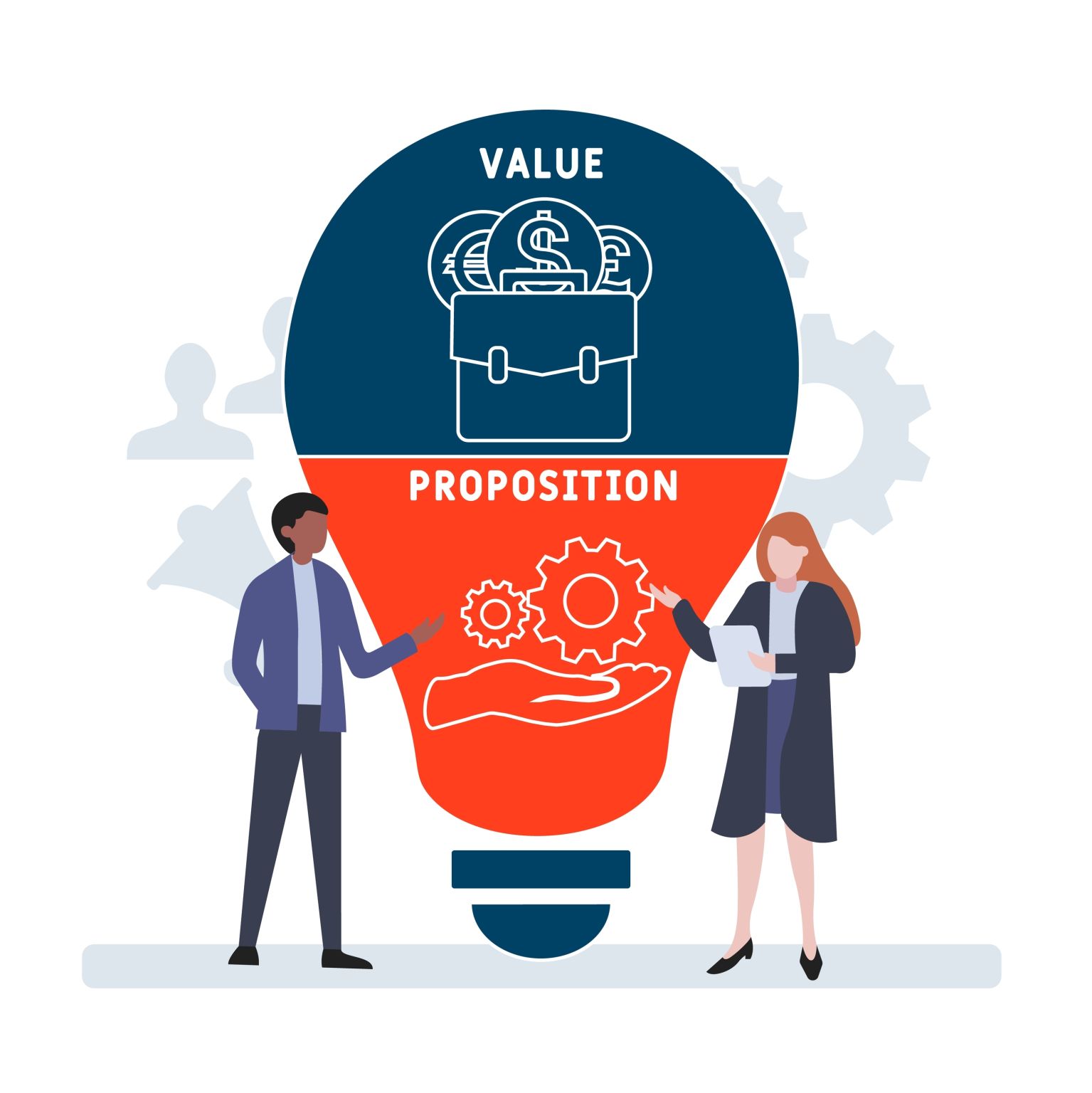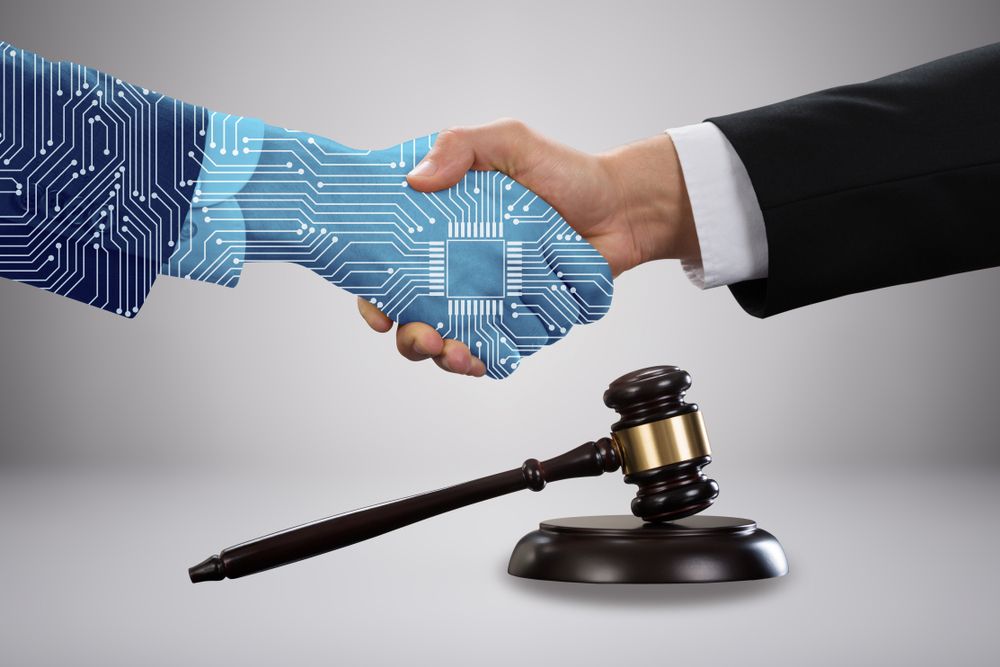
The International Legal Technology Association (ILTA) Conference, ILTACON, took place this week at the Gaylord National Resort & Convention Center in National Harbor, Maryland. ILTA is dedicated to helping legal professionals use technology more effectively in their practice, a mission reflected in the 80+ educational sessions, keynote presentations, and numerous business partner–led workshops and product innovation demos throughout the conference.
AI reigned supreme in most sessions, with nearly every discussion featuring or touching on AI, GenAI, and, by far, the biggest buzz at ILTACON, Agentic AI. As mentioned in previous posts, the differences between GenAI and Agentic AI are worth repeating. GenAI focuses on content creation, while Agentic AI emphasizes autonomous action for complex problem-solving and automation.
While many technology companies exhibiting at ILTACON this week were aggressively marketing their Agentic AI capabilities, real-world examples of its use and success are still in their infancy. Just as GenAI—now proven and almost “yesterday’s” AI—has done, Agentic AI will soon enhance workflows in areas such as legal research and memo drafting, contract analysis and due diligence, and case intake.
For more conference details: https://iltacon.org/home










